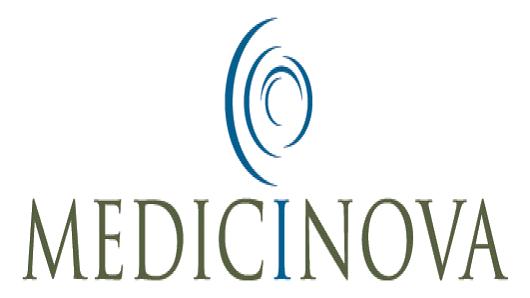MediciNova Reports Clinical Trial for Experimental ALS Drug is 50% Enrolled

 Biopharmaceutical company MediciNova, Inc. recently completed enrollment of the first 30 patients with amyotrophic lateral sclerosis (ALS) for its clinical trial to evaluate the efficacy MN-166 (ibudilast). The company plans to add another 30 participants to ensure a more robust sampling size to thoroughly study the novel therapy.
Biopharmaceutical company MediciNova, Inc. recently completed enrollment of the first 30 patients with amyotrophic lateral sclerosis (ALS) for its clinical trial to evaluate the efficacy MN-166 (ibudilast). The company plans to add another 30 participants to ensure a more robust sampling size to thoroughly study the novel therapy.
The study was designed to include a period of treatment to last six months, followed by an open-label extension for another six months, during which the researchers will assess numerous efficacy endpoints, such as functional activity (ALSFRS-R), respiratory function, muscle strength, and non-invasive ventilation (NIV) utilization. In addition, the trial also aims to study the safety and tolerability of MN-166 60 mg/day when compared to placebo, and when administered as a combined therapy with riluzole.
“We are extremely pleased to have completed 50% enrollment in this study during the first four months,” said the president and CEO of MediciNova Yuichi Iwaki, MD, PhD. “ALS clinical trials can be difficult to enroll, but we have the continued support of the CDC (U.S. Centers for Disease Control and Prevention) to spread awareness of our trial to ALS patients. We look forward to providing further updates as the study moves forward.”
The research is being conducted by a team led by the director of Carolinas Neuromuscular/ALS-MDA Center, Benjamin Rix Brooks, MD, at Carolinas HealthCare System Neurosciences Institute in Charlotte, NC. The company expects to be able to provide an effective clinical option for the treatment of ALS, which affects about 30,000 people in the U.S., according to the ALS Association. The progressive neurodegenerative disease causes damage to nerve cells in the brain and spinal cord, decreasing the patients’ capacity to control muscles.
MN-166 is a first-in-class, orally bioavailable, small molecule phosphodiesterase (PDE) -4 and -10 inhibitor and a macrophage migration inhibitory factor (MIF) inhibitor, which works by suppressing the pro-inflammatory cytokines, as well as enhancing neurotrophic factors. It has already been on the market since 1989 for the treatment of complications related to stroke and bronchial asthma in both Japan and Korea. In addition, it is expected to become a therapeutic option for other neurological indications, including multiple sclerosis.






